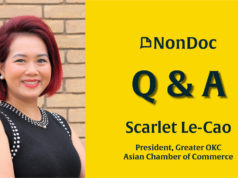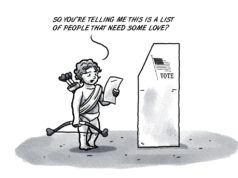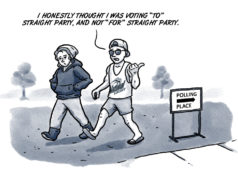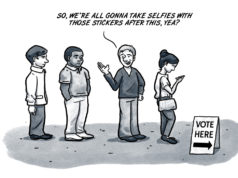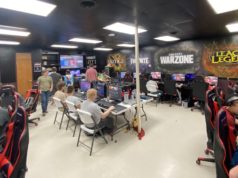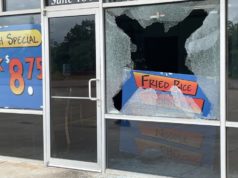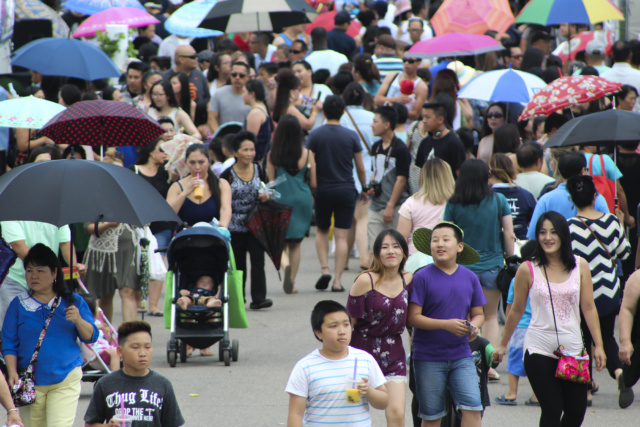

By Lian Bunny, Sami Edge and Hillary Davis
News21
ST. PAUL, Minn. — Beth Vang grew up with a conflicted view of civic life. Vang, a 21-year-old college student, lives near St. Paul, Minnesota, in one of the largest Hmong communities in the U.S.
In traditional Hmong culture, Vang said only the elite discuss politics and government. Young people conform to their parents’ ideologies. And personal politics take a backseat to community harmony.
But Vang is American. Her parents immigrated to the U.S. the year before she was born.
In school, she learned the importance of political education, the value of individualism and the significance of issues affecting the public sphere.
She considers herself caught between the old world and the new.
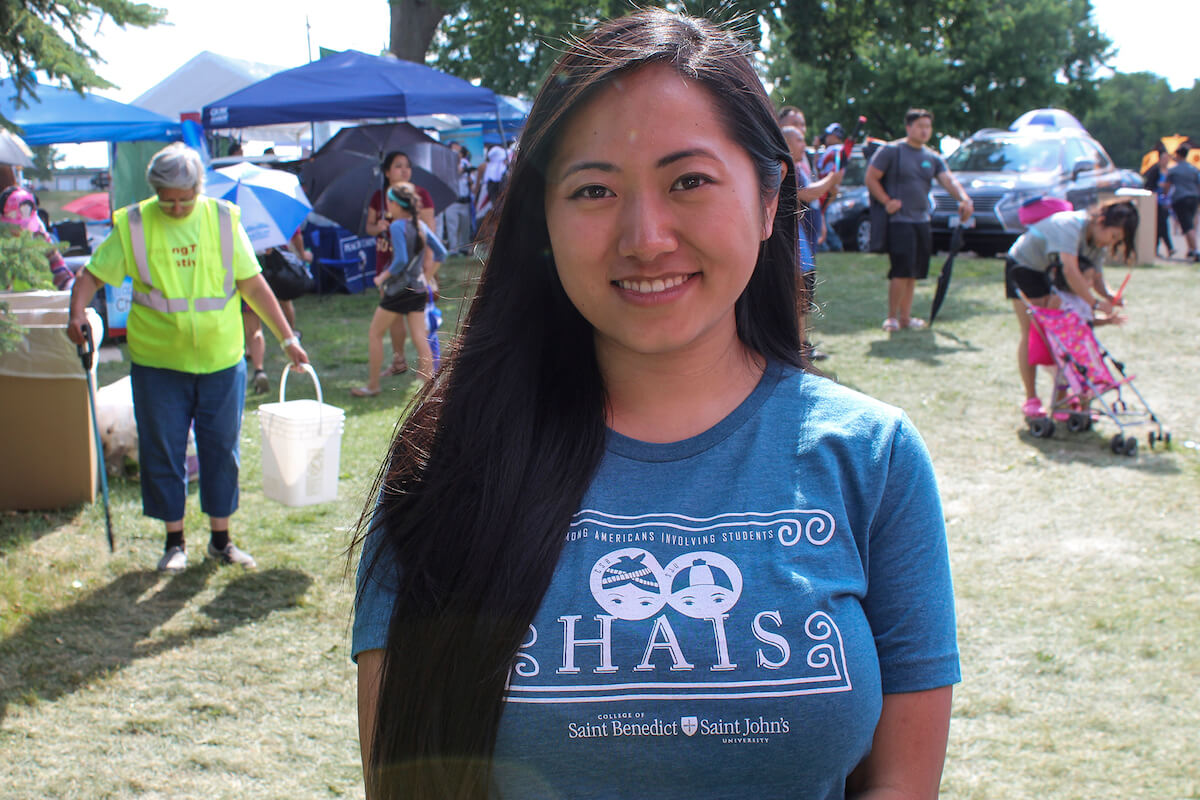
“In America, it’s OK to do certain things that it’s not OK to do in the Hmong heritage,” Vang said. “That’s something that we need to overcome if we want to make it in the U.S. and if we want to adapt to how the U.S. political world works.”
Vang said she personally has overcome some of those cultural barriers, and she does plan to vote in the upcoming presidential election: “Luckily, I grew up with exposure to American culture and therefore knew that I should pay attention to politics and elections.”
St. Paul’s Hmong, who largely immigrated to the U.S. as refugees after civil war in Southeast Asia, are among the nearly 20 million Asian-Americans living in the U.S. For the upcoming presidential election, Asian-American voter turnout is projected to make up 4 percent of eligible voters. This percentage may seem small, but the population has grown rapidly since just 2012.
Besides being the fastest-growing racial group in the U.S., Asian-Americans have the highest income and are the best educated – both factors that have traditionally produced high voter turnout.
However, as a voting bloc, Asian-Americans don’t. In fact, they have the lowest voter participation of any demographic group.
Why is Asian-American voter participation low?
One in three Asian-Americans speaks limited English, according to U.S. Census Bureau data. From Bengali to Tagalog, their native tongues and dialects are numerous and varied. This can thwart prospective voters from reading or filling out a ballot. But experts and advocates said even those more familiar with American culture say they feel neglected by political candidates who don’t reach out or understand their issues. Some say they’ve faced discrimination when they’ve gone to vote.
Cultural issues may thwart voting
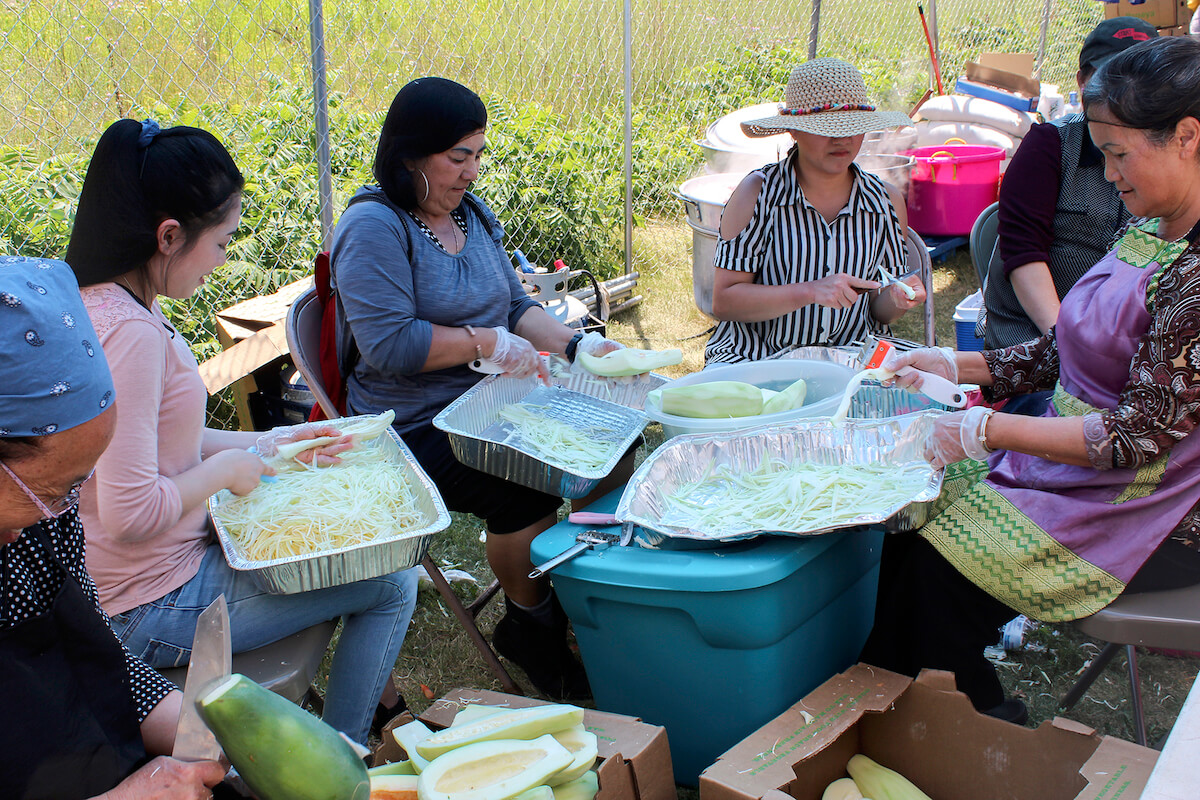
When David Oh, a Korean-American, won his seat on the Philadelphia City Council in 2011, he became the first Asian-American elected to local office in Philadelphia. In those five years, Asian-American voter registration in the city has roughly doubled from 5,000 to nearly 10,000.
He and his associates have gone door to door in the city’s Asian neighborhoods to register voters.
“Many of them really never knew that you could vote for your elected officials,” Oh said of Asians in Philadelphia. “Many of them are from China. You don’t vote in China. It’s kind of a new thing, and they sign up, and they’re quite happy about it.”
He said it also helps that he and his associates speak to residents in their heritage languages, which makes people feel more at ease.
Chancee Martorell, executive director of the Thai Community Development Center in Los Angeles, uses a similar tactic when calling voters to remind them of upcoming elections. She said they’re more likely to respond to someone speaking their native tongue.
“When someone with some kind of modicum of authority or legitimacy or credibility asks Thais to do something, they automatically feel obligated,” she said.
Grassroots efforts seek to increase participation
In San Francisco, the Chinatown Community Development Center hosts monthly town halls to increase voter participation.
It addresses a variety of topics, from health department regulations to voter education. Staff members also can help register them to vote, said the organization’s executive director, Norman Fong.
Fong, 65, is one of the neighborhood’s biggest advocates. His mother was a San Francisco native. His father came to the U.S. in 1919 but was detained for years just offshore at Angel Island, ensnared by the Chinese Exclusion Act.
In 1990, Fong began working for the community center, housed in a modest, 105-year-old walk-up a few blocks from the city’s famed Pier 39. At that time, many residents, old-timers included, didn’t vote, he said. His parents didn’t care much for politics, either.
He credits grassroots outreach for drumming up engagement.
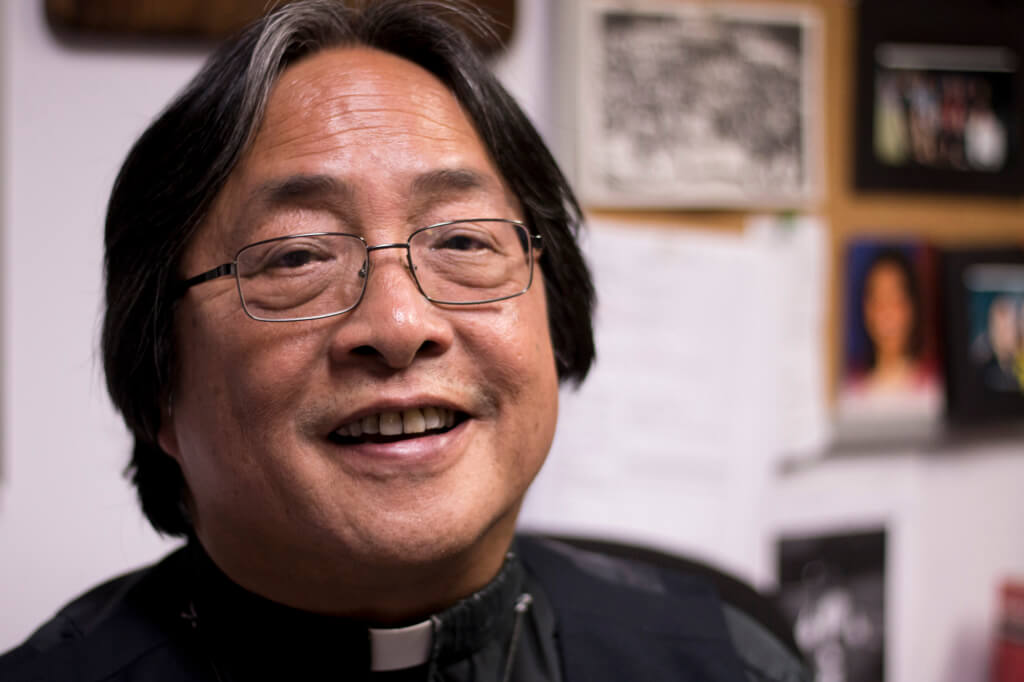
According to the city’s elections department, Chinatown voter turnout has increased at roughly the same rate as voter participation citywide over the past five presidential elections.
Many Asian-Americans say they’re not treated equally
In 2014, the Asian American Legal Defense and Education Fund in New York received more than 340 complaints from Asian-Americans reporting problems voting. More than 1 in 5 of these grievances involved being asked to prove their U.S. citizenship in states that don’t require ID to vote. Generally, only a few people in those states would have to provide proof of citizenship.
Twenty-year-old Thanh Mai said she tried to register three times in Louisiana and was denied.
Mai’s family moved to the U.S. from Vietnam when she was about a year old. She became a citizen when she was in her teens.
“I assumed since I was a U.S. citizen, I could vote and didn’t realize there could ever be a time or place where I couldn’t,” Mai said. “I’ve been living in the U.S. basically my whole life.”
But at the time, Louisiana had a 142-year-old statute requiring naturalized citizens to prove their U.S. citizenship to register to vote. Voters born in the U.S. were not required to do so.
The Southern Poverty Law Center and the Fair Elections Legal Network filed a lawsuit over the Louisiana law on May 4, with Mai and two other naturalized citizens as plaintiffs. Collectively, the three citizens tried to register to vote eight times. The lawsuit detailed how the state law violated the 14th Amendment by illegally targeting naturalized citizens in the registration process.
Less than a month after the center filed the suit, Louisiana Gov. John Bel Edwards signed legislation repealing the law, and the advocacy groups withdrew the lawsuit.
Hope for the future
David Ryu, a Los Angeles city councilman, said politicians didn’t pay much attention to Asian-Americans voters during campaigns, but that’s starting to change. Ryu is the first Korean-American elected to the council.
“After my election, many people are looking towards Asian-Americans as being that swing vote,” he said. “And as we saw in the last presidential election, where Asian-Americans overwhelmingly supported Obama and the Democrats.”
President Obama received about 70 percent of Asian-American votes in 2012.
There is hope for the future, Ryu said. Politicians are getting better at removing Asian-American voting barriers.
“It’s not a rocket science,” he said. “It’s just doing it … and simply going out and asking.”









